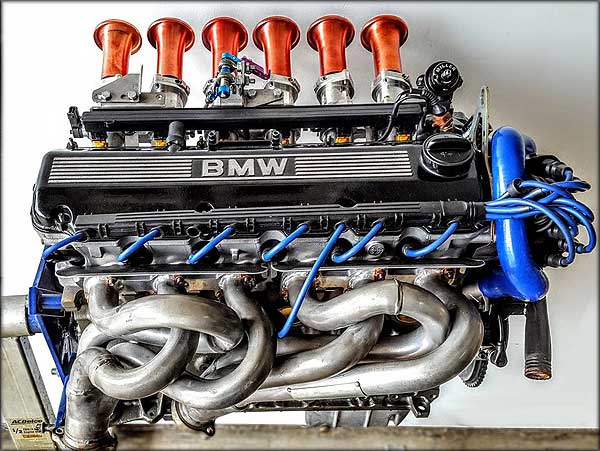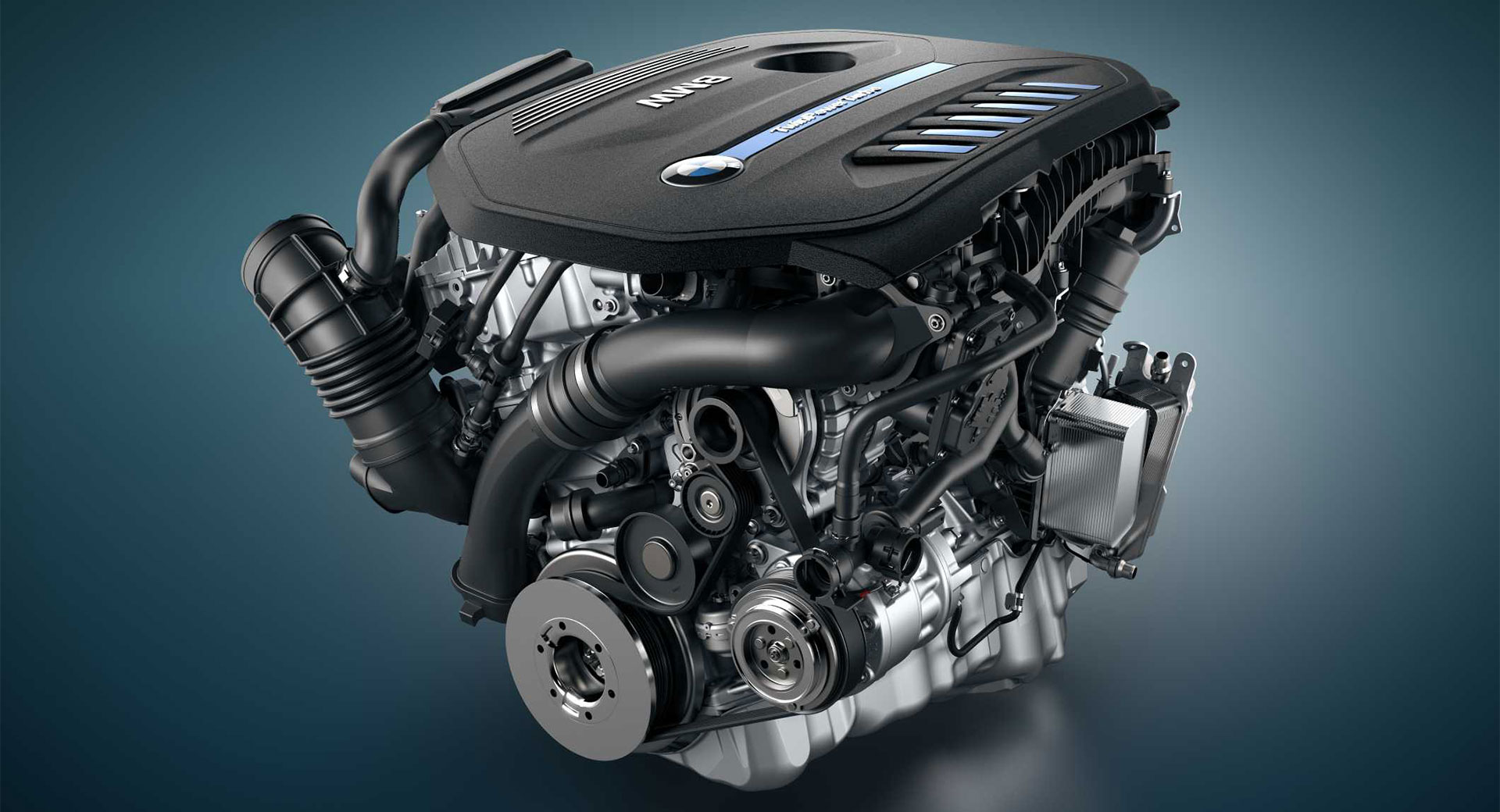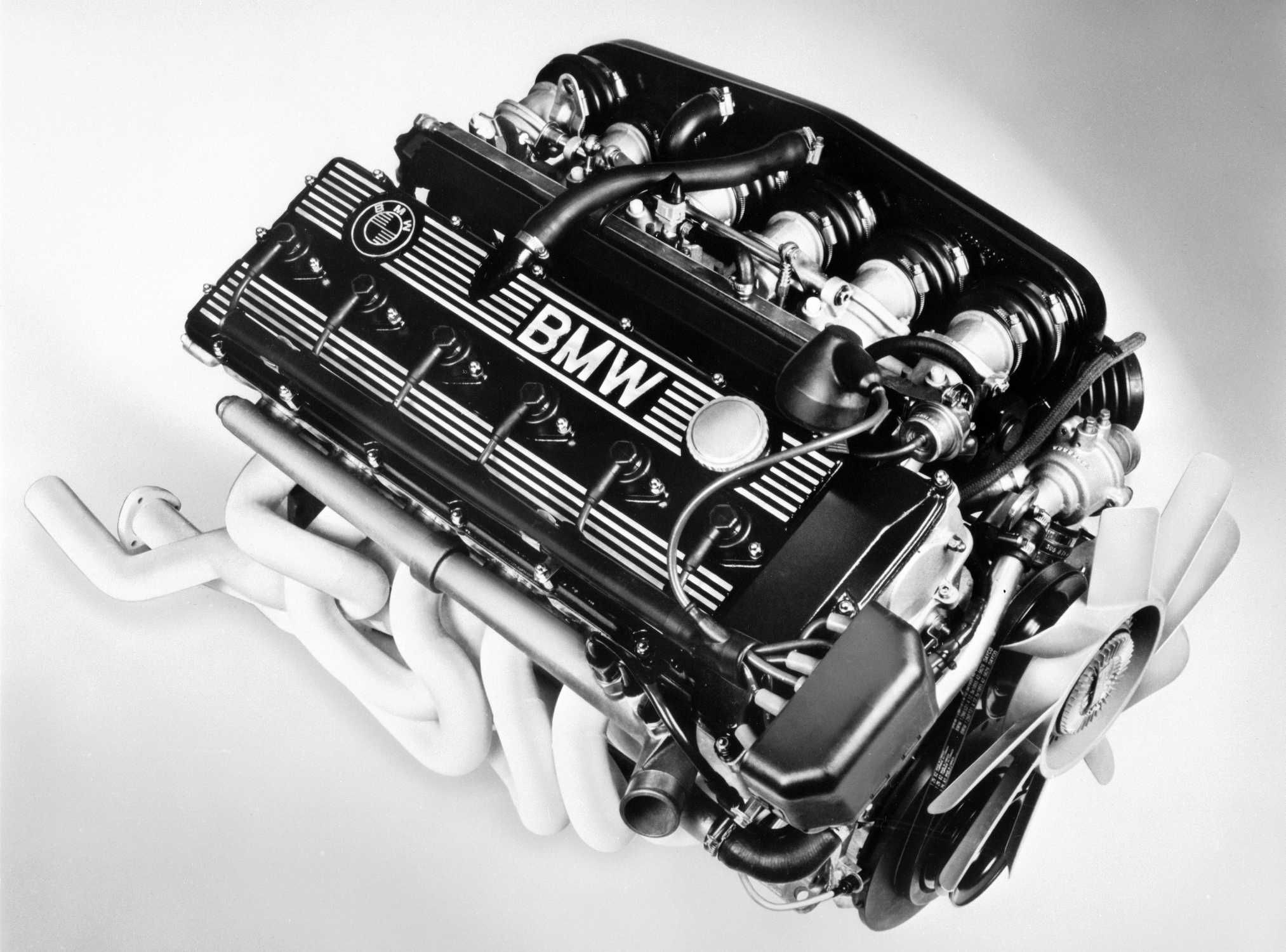Leading 5 BMW Engine Technologies Revolutionizing the Automotive Market
Leading 5 BMW Engine Technologies Revolutionizing the Automotive Market
Blog Article
Introducing the Intricacies of Next-Generation Power Units: a Deep Study Advanced Engine Technologies and designs
As we stand on the precipice of a brand-new period in transportation, the intricacies of next-generation engine styles beckon us to check out the advanced innovations and advancements that guarantee to redefine the driving experience. Diving deeper right into the worlds of discharge control, intelligent engine monitoring systems, and the horizon of power system growth, we discover ourselves on the cusp of an improvement that promises to reshape the landscape of movement as we understand it.
Advancement of Engine Products

The shift in the direction of advanced engine materials has actually likewise allowed designers to design engines with higher power outcomes while keeping gas performance criteria. As an example, the use of lightweight materials minimizes the total weight of the engine, leading to improved fuel economic climate and reduced exhausts. In addition, developments in materials innovation have enabled much better thermal administration within engines, resulting in enhanced reliability and longevity.
Turbocharging and Supercharging Technologies
Exactly How do Turbocharging and Supercharging Technologies reinvent engine performance and efficiency in modern-day automobiles? Turbocharging and supercharging are innovations that substantially improve engine efficiency by boosting the amount of air consumption right into the burning chamber. Turbocharging attains this by using a turbine driven by exhaust gases to pressurize the consumption air, while supercharging makes use of a belt- or chain-driven compressor to achieve the very same impact.
These technologies make it possible for smaller, extra fuel-efficient engines to generate power comparable to bigger ones, referred to as downsizing. Forcibly even more air right into the cylinders, supercharging and turbocharging improve combustion performance, resulting in enhanced horsepower and torque result without a considerable increase in engine size. This leads to better acceleration, towing capability, and total driving performance.
Moreover, turbocharging and turbo charging contribute to enhanced fuel efficiency by enabling the usage of smaller engines that take in much less gas under regular driving conditions - bmw engine. This mix of enhanced performance and efficiency has made turbocharging and turbo charging important parts of many modern-day engine styles
Exhaust Control and Environmental Effect
With raising worldwide problems relating to air top quality and ecological sustainability, the implementation of emission control modern technologies in automobiles plays an important duty in reducing unsafe pollutants released into the environment. Modern automobiles are outfitted with advanced exhaust control systems that help minimize the environmental impact of automotive operations. Catalytic converters, for example, are developed to convert harmful gases such as carbon monoxide, nitrogen oxides, and hydrocarbons into less harmful materials like carbon dioxide and water vapor.
Moreover, advancements site in engine modern technology, such as the combination of exhaust gas recirculation systems and discerning catalytic decrease, have substantially contributed to reducing exhausts. These technologies work in tandem to optimize burning effectiveness and lessen the release of hazardous pollutants into the air. In addition, the advancement of hybrid and electric automobiles represents a crucial action in the direction of decreasing the total ecological footprint of the transport market.
Intelligent Engine Monitoring Equipment

In addition, these systems allow automobiles to meet rigorous discharges requirements without jeopardizing performance, offering a much more eco friendly driving experience. The combination of artificial intelligence and equipment understanding abilities in engine monitoring systems remains to push the borders of what is possible, resulting in further improvements in efficiency, reliability, and total car efficiency. bmw engine. As auto technology advances, smart engine monitoring systems will certainly play an important duty fit the future of transportation towards a more effective and sustainable direction
Future Trends in Power Unit Growth
As intelligent engine management systems lead the way for enhanced control and optimization in modern vehicles, future trends in power device advancement are positioned to redefine the landscape of auto propulsion modern technologies. One of the essential patterns visit the website driving advancement in power system development is the shift in the direction of electrification. With a raising concentrate on sustainability and minimizing carbon emissions, crossbreed and electric powertrains are ending up being extra widespread in the automotive industry. These different source of power supply boosted efficiency and performance while aligning with stringent environmental guidelines.
Another significant trend is the combination of sophisticated materials and producing methods. Lightweight products such as carbon fiber and aluminum are being utilized to lower general car weight, improving fuel performance and efficiency. Additionally, developments in 3D printing and additive production are allowing the production of intricate engine elements with higher accuracy and toughness.
Moreover, advice expert system and maker knowing are playing an essential duty in maximizing power device performance. These innovations allow for real-time surveillance and adaptive control, resulting in more reputable and reliable power delivery. In general, future fads in power device development are geared towards effectiveness, sustainability, and performance, driving the auto sector towards a new age of propulsion technologies.

Verdict
In conclusion, the improvements in engine materials, turbocharging, exhaust control, and intelligent administration systems have actually led the way for next-generation power systems. These innovations have not just enhanced efficiency and efficiency however also minimized ecological effect. As technology remains to advance, future patterns in power unit advancement are most likely to focus on further improving sustainability and maximizing power output. The intricate styles and innovations in contemporary engines showcase the ongoing evolution of vehicle modern technology.
Exploring the dynamic advancements in engine materials has been pivotal in improving the efficiency and effectiveness of contemporary engines. Over the years, the development of engine products has actually played a critical role in pressing the borders of what engines can attain.The change in the direction of progressed engine products has actually also made it possible for designers to make engines with greater power results while keeping fuel efficiency standards.The implementation of intelligent engine management systems in modern vehicles has actually changed the means engines are managed and enhanced for performance and efficiency. By accumulating data in real-time and assessing it with innovative formulas, intelligent engine monitoring systems can adjust to driving styles, environmental factors, and engine health and wellness to maximize power result while decreasing gas usage and emissions.
Report this page